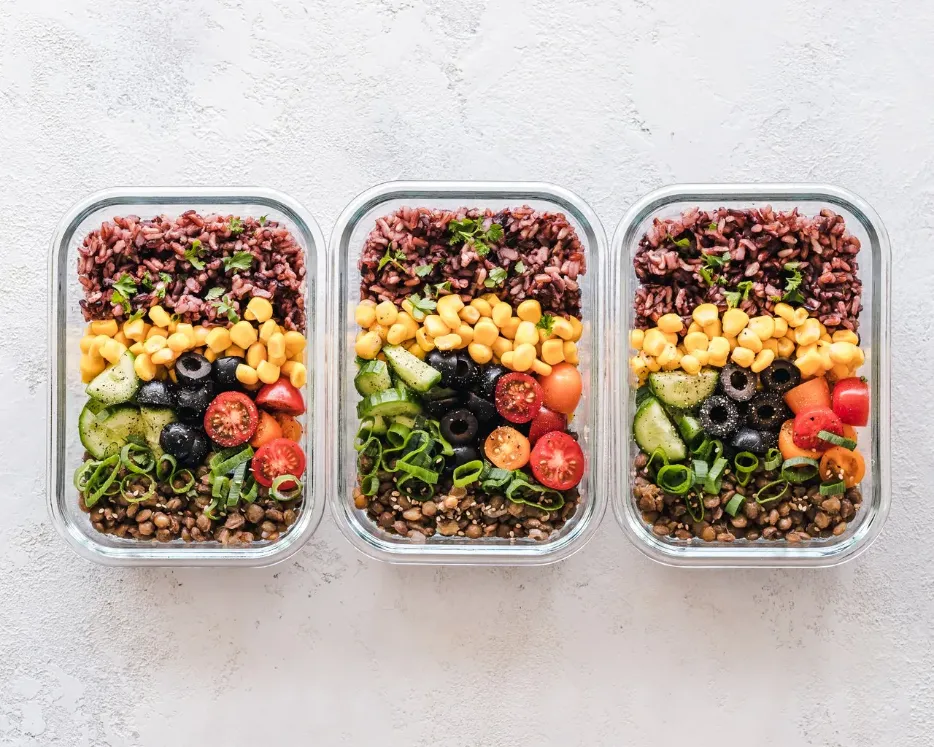Those who have had a careful eye on health news in the past 12 months may have noticed a shift in articles beginning to talk about the gut and the role in health and disease. This follows increased funding and awareness to research studies on the human gut microbiome after some great discoveries and implications for health and disease. The gut microbiome is the collection of all micro-organisms which inhabit the gut, and consist of bacteria, fungi and, occasionally, viruses. The gut – to be more specific – is the distal end of the small intestine, the entirety of the large intestine and colon, and interacts with organs in its proximity in ways only recently discovered.
Many different species of bacteria inhabit the microbiome and are diverse in constitution in response to the food we eat, our stress levels, our outside environment, genetic signalling and even the weather outside. Anecdotally, we have all heard of ‘good’ and ‘bad’ bacteria, and perhaps are aware that foods like yoghurt and vegetables contain more of the ‘good’ bacteria. The mechanisms by which the microbiome interact and change human physiology are still being elucidated, but initial discoveries have been made. Beneficial bacteria provide vitamin production, fat metabolism, fermentation of undigested sugars, immunity and regulate the normal biological functioning of the gut wall and intestines. Disadvantageous bacteria contribute to localised and systemic inflammation and do much more than just causing issues like diarrhea and cramping.
Any toxins or chemicals produced by species of bacteria serve to affect the host locally but may also be implicated in major illnesses like Parkinson’s, cancer, diabetes and even clinical depression. Micro-level changes in the microbiome can cause disturbance towards promoting strains which are detrimental to host health. Some bacteria may be able to permeate areas of the intestine and produce molecules called cytokines which are responsible for cell signalling. The cell signalling causes a cascade into other bodily cells and affects the upregulation or downregulation of certain other proteins which encode for genetic signalling and gene expression. Theoretically, expression of a certain gene may produce proteins which are detrimental to cell and organ functioning, causing damage and inflammation. Either by this mechanism or indirectly affecting transcription of genetic material, inflammation and cancer/necrotic type damage could potentially occur, and the microbiome is now becoming a cornerstone area of research for human health and disease.

During a natural birth, we naturally collect bacteria and fungus from the vaginal walls, birth canal and potentially intrauterine environment. When we’re in the incubator and hospital environment, we also take in the bacteria from skin contact other individuals and materials. Then, with breast milk, we also take in strains like Bifidobacterium and Lactobaccilus which cause a great deal of diversity and provide natural immunity to the infant microbiome. Studies have shown that infants born through caesarean section are often lacking in microbial diversity and have less species in their microbiome, increasing the chances for the introduction of disadvantageous strains. This is a perfect opportunity for invasive species which can predispose the infant to allergies, asthma, adult-developed diabetes and also reduced cognitive performance and development.
Further research unravelling the links between the microbiome and metabolism has uncovered more information surrounding the role of micro-organisms in food tolerance and processing. Certain strains of bacterium produce and process short-chain fatty acids in the intestine which are beneficial for energy balance and health in humans. Furthermore, some of these bacteria are in higher amounts in the guts of athletes and those who exercise more, indicating a potential role of the microbiome in energy delivery and optimisation of substrate use. As our microbiome adapts to the food we consume, differences in individual’s tolerances for certain foods and their body composition whilst consuming certain diets may be a key role in why certain diets are favourable for some individuals. When being critical of food intake and nutrition of other individuals, we must express diligence in understanding differences in success rates or tolerance may come down to the bacteria we hold in our body, and the potentially enormous role they have in adequate food metabolism.
Ensuring a diverse composition of bacteria in the microbiome is crucial to optimising health and risk of disease outcomes. Beneficial bacteria can be consumed regularly through fruit and vegetables, yet certain fermented products are available which contain higher concentrations of beneficial bacteria. One of these sources is kefir, which can provide a great probiotic boost to the microbiome. Other sources like yoghurt, kombucha and sauerkraut can be invaluable in supplementing regularly to maintain gut health and balance. Supplementing with probiotics can be done on a daily or weekly basis, and is advised in periods following illness to aim to restore balance, particularly in cases of gastrointestinal distress or viral illness.
